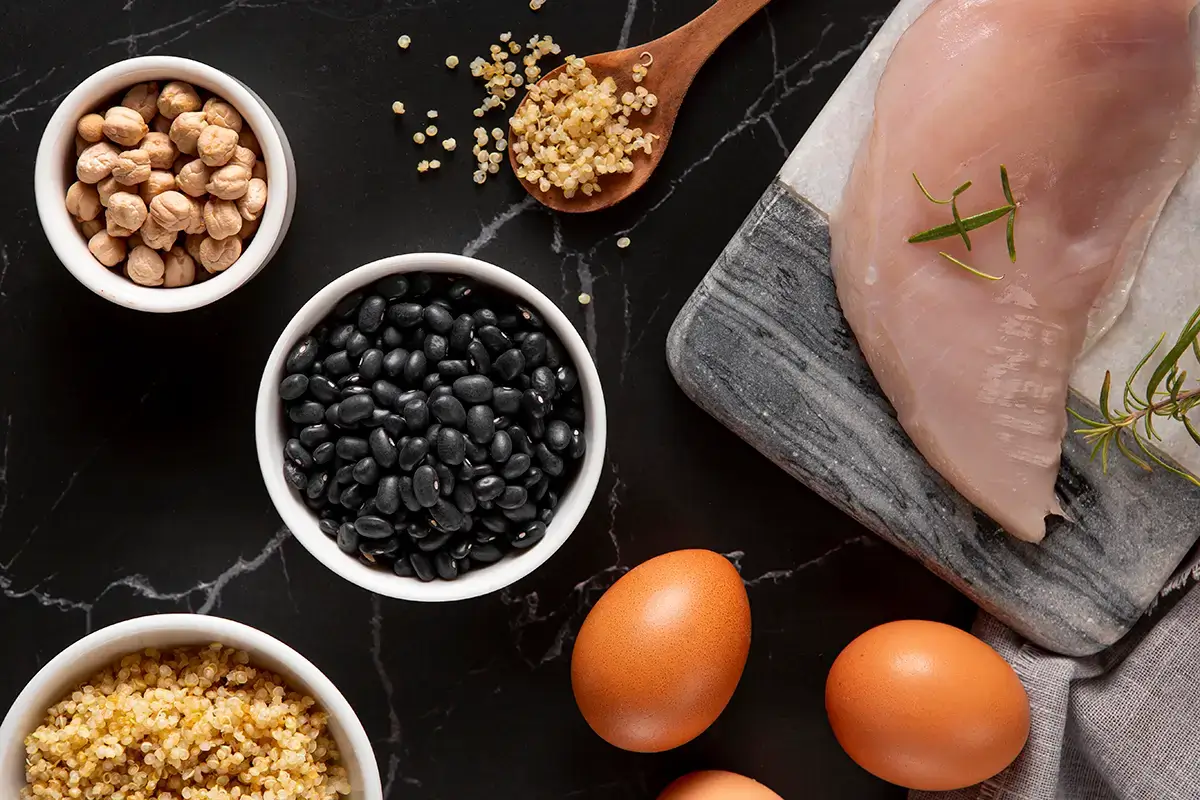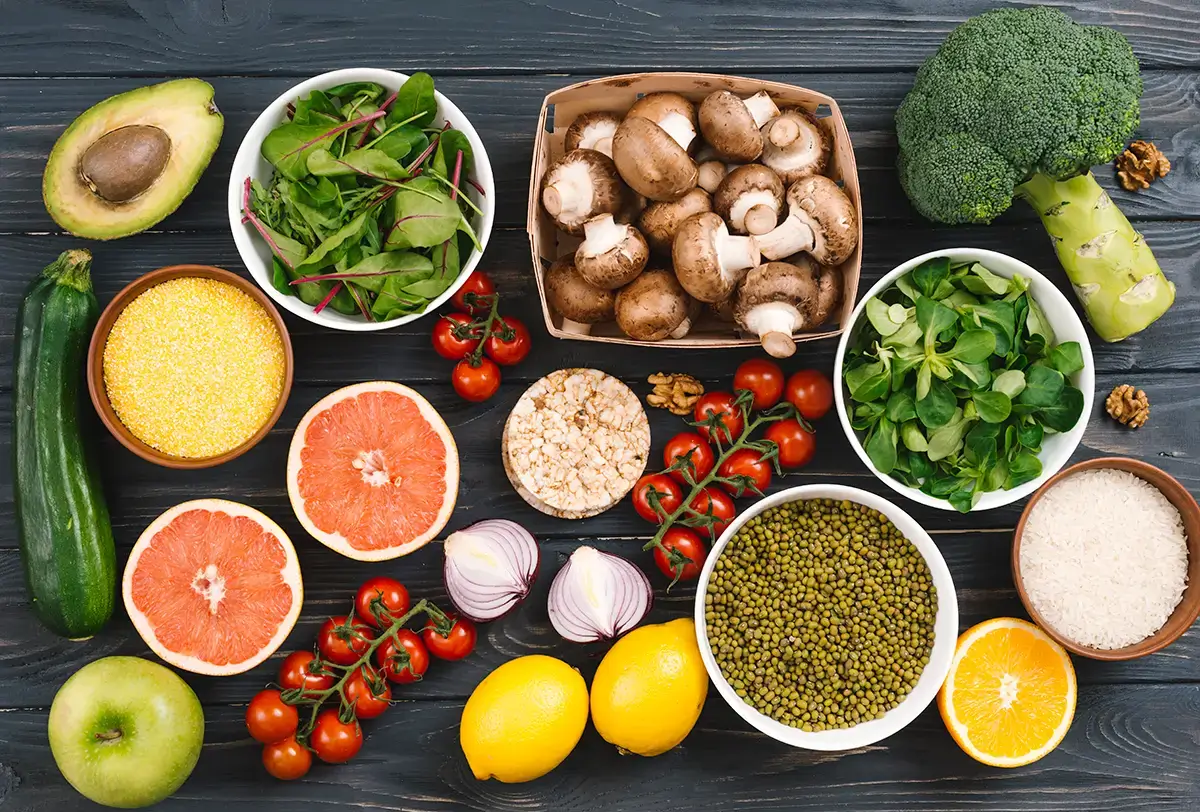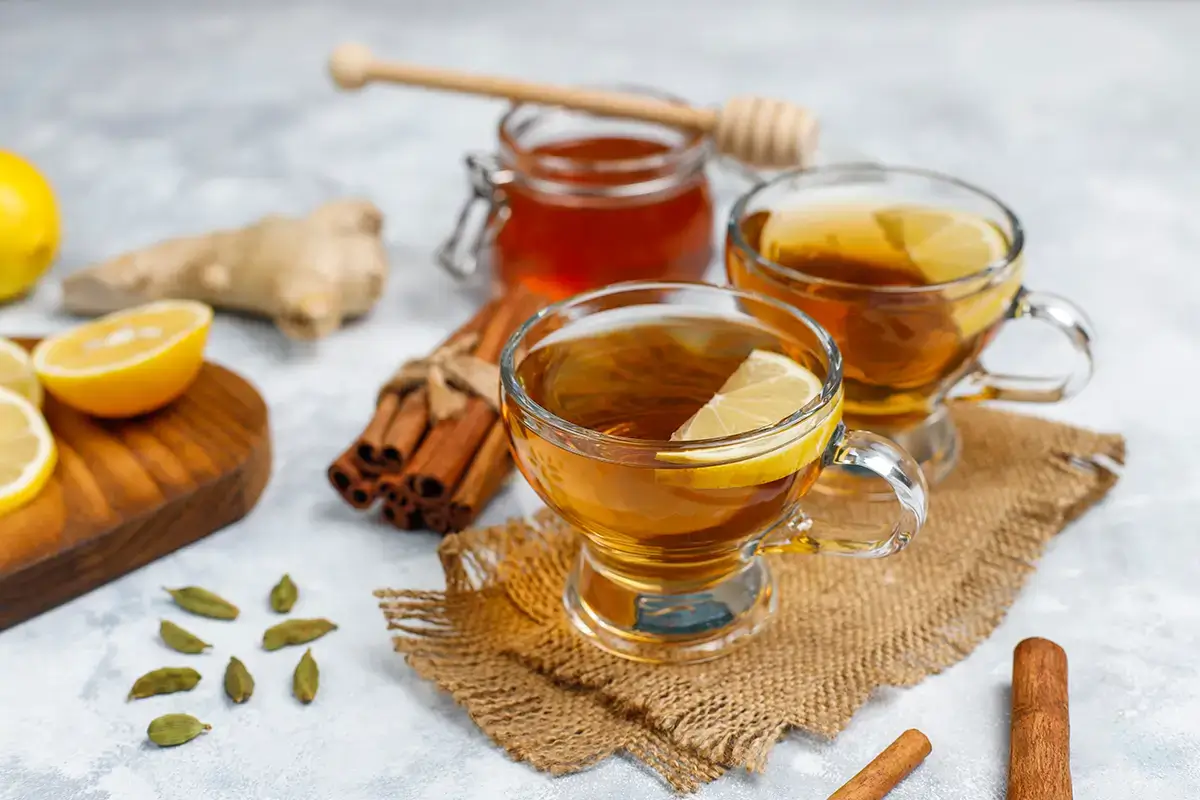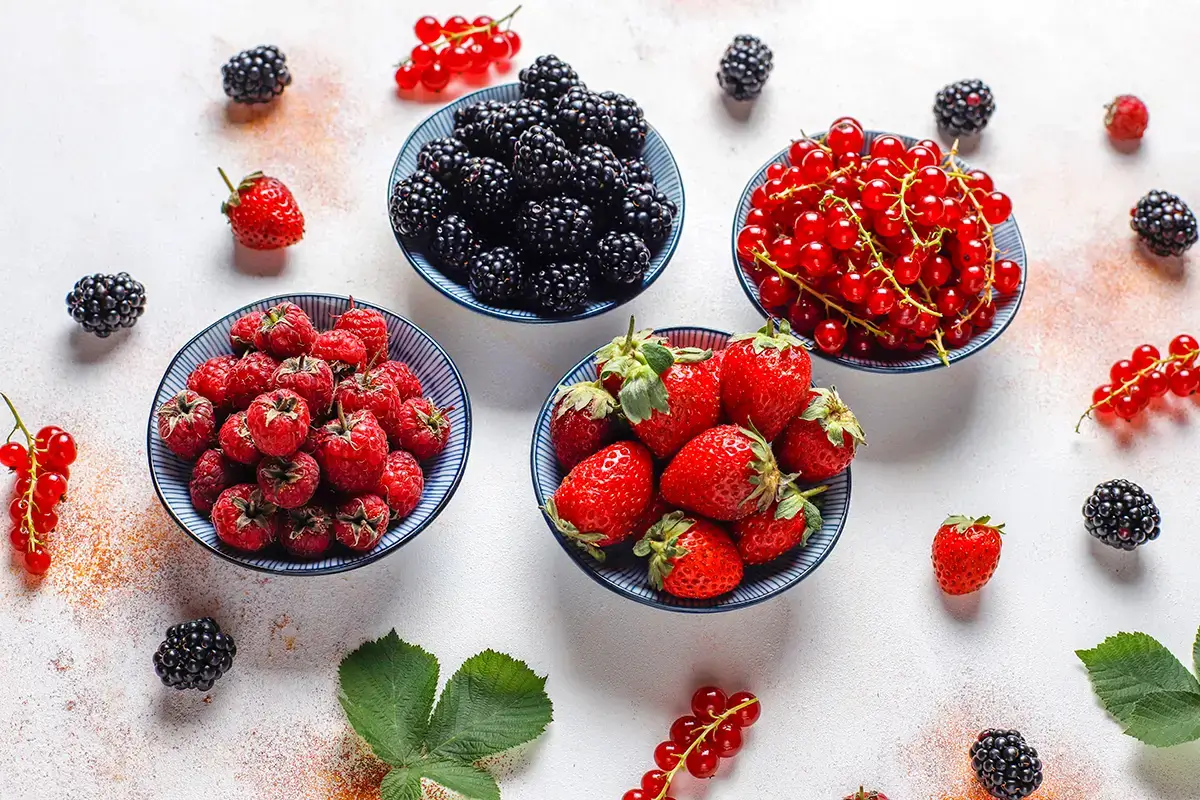All About Iron: Importance, Sources, and How to Maintain Balance
Iron is an essential mineral for the healthy functioning of the human body, playing a crucial role in the production of hemoglobin, which transports oxygen throughout the tissues. According to the World Health Organization (WHO) and the Ministry of Health, iron deficiency is one of the most common nutritional deficiencies globally, primarily affecting women of childbearing age and children in developing countries. It is estimated that approximately 1.5 billion people worldwide suffer from iron deficiency anemia, a condition that can have serious impacts on health and quality of life.
To better understand the importance of iron, its dietary sources, and how to maintain adequate balance, it is crucial to explore nutritional aspects and the health benefits associated with this vital mineral.
Importance of Iron for Health:
Iron plays a crucial role in the production of hemoglobin, the protein responsible for transporting oxygen from the lungs to all cells in the body. Additionally, it is involved in the formation of myoglobin, essential for storing and releasing oxygen in muscles. Iron deficiency can lead to anemia, causing symptoms such as fatigue, lack of energy, weakness, difficulty concentrating, and even heart problems if not properly treated.
Dietary Sources of Iron:
There are two forms of iron in the diet: heme iron, found in animal-based foods like red meat, chicken, and fish, and non-heme iron, found in plant-based foods such as beans, lentils, spinach, and tofu. The absorption of heme iron is more efficient compared to non-heme iron, so it is important for vegetarians and vegans to consume iron-rich foods and vitamin C, which enhances the absorption of non-heme iron.
Daily Recommendations and Specific Needs:
Daily iron needs vary depending on age, sex, and physiological status. For example, women of childbearing age have higher needs due to iron loss during menstruation. Pregnant women also require additional amounts to support fetal growth and increased blood volume. Consulting a healthcare professional is essential to determine individual needs and ensure adequate iron intake.
Impacts of Iron Deficiency on Health:
Iron deficiency anemia is the most common form of anemia and can have significant consequences for health. In addition to the aforementioned symptoms, chronic iron deficiency can affect the physical and cognitive development of children, increase the risk of complications during pregnancy and childbirth, and contribute to health problems in adults, such as heart disease.
Iron Supplementation: When is it Necessary?
In cases of confirmed deficiency or specific needs, iron supplements may be recommended. However, it is crucial to follow medical guidelines, as excessive iron intake can be harmful to health. Self-medicating with iron supplements without professional guidance can lead to digestive issues and interfere with the absorption of other nutrients.
Factors Affecting Iron Absorption:
Several factors can influence iron absorption in the body. For example, consuming foods rich in calcium or caffeine can inhibit the absorption of non-heme iron, while vitamin C found in citrus fruits and vegetables can enhance its absorption. Simultaneous intake of iron with sources of vitamin C can optimize absorption and maximize health benefits.
Strategies to Maintain a Healthy Iron Balance:
In addition to a balanced diet, other strategies include avoiding excessive consumption of tea and coffee during main meals, as these beverages contain compounds that can reduce the absorption of non-heme iron. Cooking in cast iron cookware can also increase dietary iron intake, especially in individuals with low iron intake.
Conclusion:
Iron plays an essential role in overall health and well-being, influencing everything from energy production to cognitive and immune function. By understanding dietary sources, daily recommendations, and strategies to maximize absorption, we can ensure our bodies receive the necessary iron to function properly and prevent serious conditions such as anemia. Consulting a healthcare professional and following specific nutritional guidelines are important steps to promoting health through adequate iron consumption.
Sources Consulted:
- World Health Organization (WHO)
- Ministry of Health














